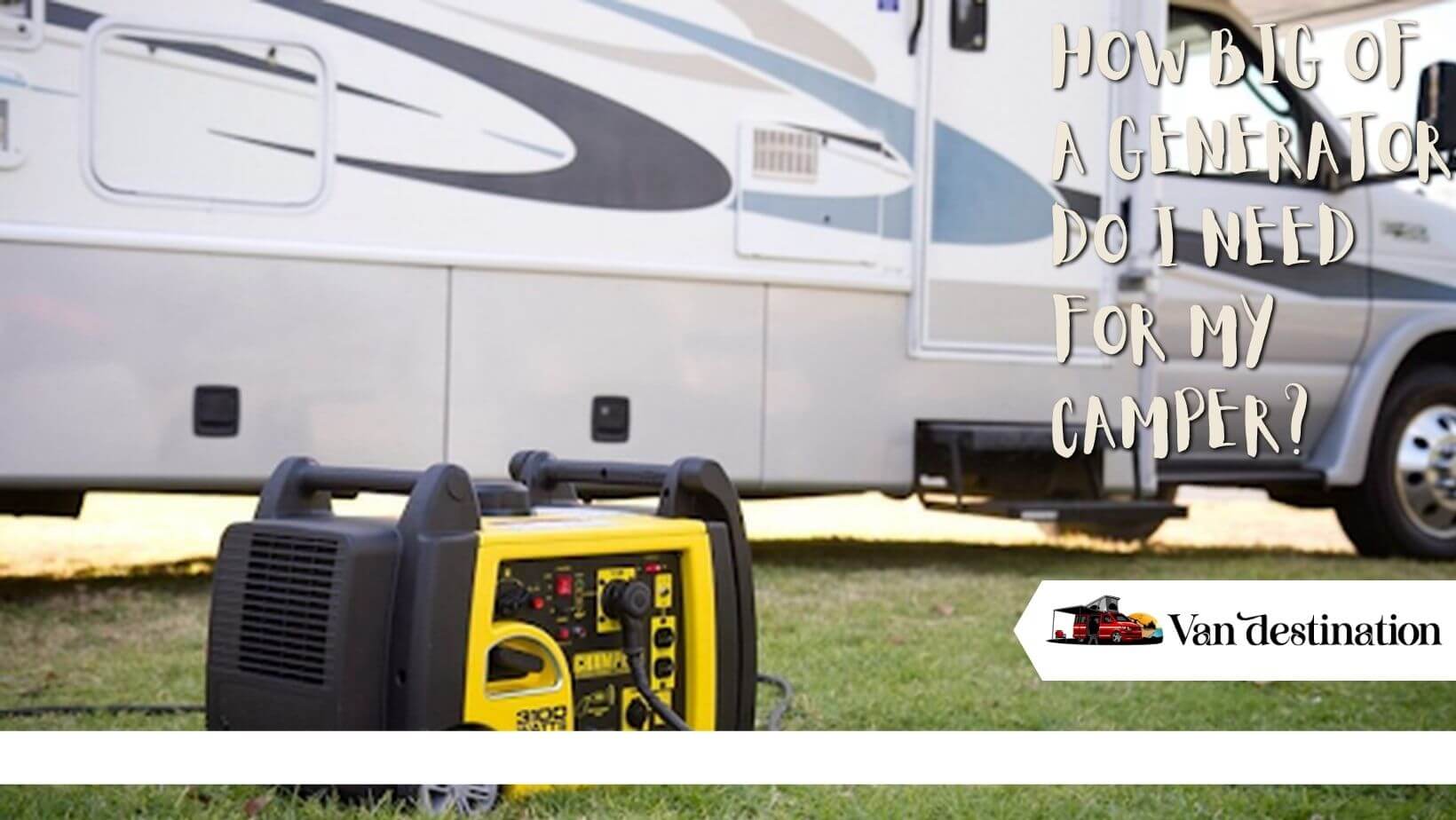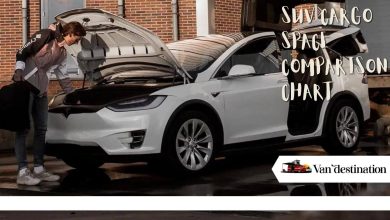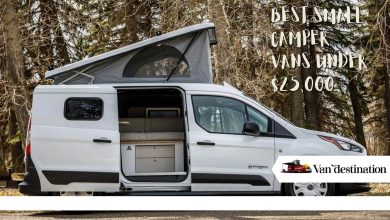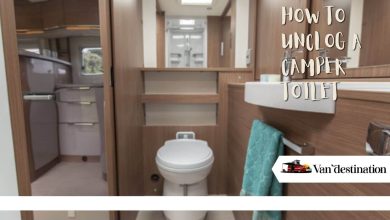How Big of a Generator Do I Need for My Camper?

When delving into the world of RVs and travel trailers, there’s a myriad of questions to answer and decisions to make. One often overlooked accessory that can significantly enhance your camper experience is a generator. However, before making this purchase, the crucial question arises: “How big of a generator do I need for my camper?” In this comprehensive guide, we’ll navigate through the considerations and provide insights to help you make an informed decision.
Understanding the Generator Landscape
Much like choosing an RV, selecting the right generator involves understanding your specific needs and usage scenarios. Generators come in various types, from recreational suitcase generators to heavy-duty construction generators. For campers, the focus is usually on portable, lightweight, and quiet options. Let’s explore the journey of finding the perfect generator based on one camper’s experience.
The Tale of a First Generator
The narrator begins with their first RV generator experience an Onan 4000 from the 1970s that unfortunately didn’t fulfill its power promises. This led to a seven-year companionship with two Ryobi 1800 watt generators, showcasing the common mistake of buying without thorough consideration.
Guidelines for Determining Generator Size
To avoid the cycle of buyer’s remorse, the article provides clear guidelines on how to determine the appropriate generator size for your camper:
- Air Conditioner Power: For running an air conditioner, a generator with a capacity of 3400 watts or more is necessary.
- General Camper Appliances: A 1500-2000 watt generator is sufficient to power all other appliances in your camper.
- Microwaves and More: Generators below 1000 watts may struggle to operate microwaves or multiple appliances simultaneously.
- Quality Matters: Cheap Chinese suitcase generators might cost less (around $150) but aren’t built for heavy, constant usage.
- Fuel Efficiency: Consider the generator’s fuel consumption, with most lasting 8-10 hours on a single tank of gas.
- Noise Management: Generators produce 50-80 decibels of noise, but this can be mitigated with a muffler or a muffled generator box.
- Power Source Alternatives: A rechargeable inverter power source lasts 3-4 hours and takes up to 10 hours to recharge.
- Solar Power Option: Investing in a $200 solar kit, a couple of $100 batteries, and a $200 inverter can provide noise-free power.
Additional Questions for Choosing the Right Generator
The article emphasizes that the decision isn’t just about size; it’s about the level of comfort and your destination. It introduces more questions to refine your generator choice:
- Do you plan to boondock or stay in campgrounds?
- What appliances do you need to run, and for how long?
- Consider the logistics of your RV: slideouts, A/C units, electronics, etc.
Best Picks and Recommendations
The article highlights the Dual Fuel Champion 3400 watt generator as a versatile choice. Its ability to run on both propane and gasoline, coupled with its parallel compatibility, makes it an excellent investment. The narrator also suggests considering your RV’s specifications and needs before deciding on a generator.
Inverter Generators: The Preferred Choice
A crucial recommendation is to opt for an inverter generator for its quieter operation. Inverter generators integrate an engine and an inverter into a compact module, ensuring constant voltage output, fuel efficiency, and quiet performance. The article strongly advises against typical, noisy generators for the sake of campground harmony.
Fuel Options and Popular Generator Sizes
Fuel options for camper generators include gasoline, propane, and diesel. The article provides insights into popular generator sizes, ranging from 400 watts to 4000 watts, catering to different needs and budgets.
Essential Features for Your Generator
To enhance your generator’s functionality and longevity, the article recommends considering features like economy mode, fuel efficiency, power boost mode, parallel compatibility, outlet plug compatibility, dual fuel systems, a magnetic dipstick, and a protective cover.
Conclusion
The size of the generator for your camper is a critical decision that requires thoughtful consideration. By asking the right questions, understanding your camper’s needs, and considering essential features, you can make an informed choice that aligns with your comfort level and travel destination.
Remember, the goal is not just to power your camper but to enhance your overall camping experience with a reliable and efficient generator.
Read More: How Much Does a Small Camper Weigh



